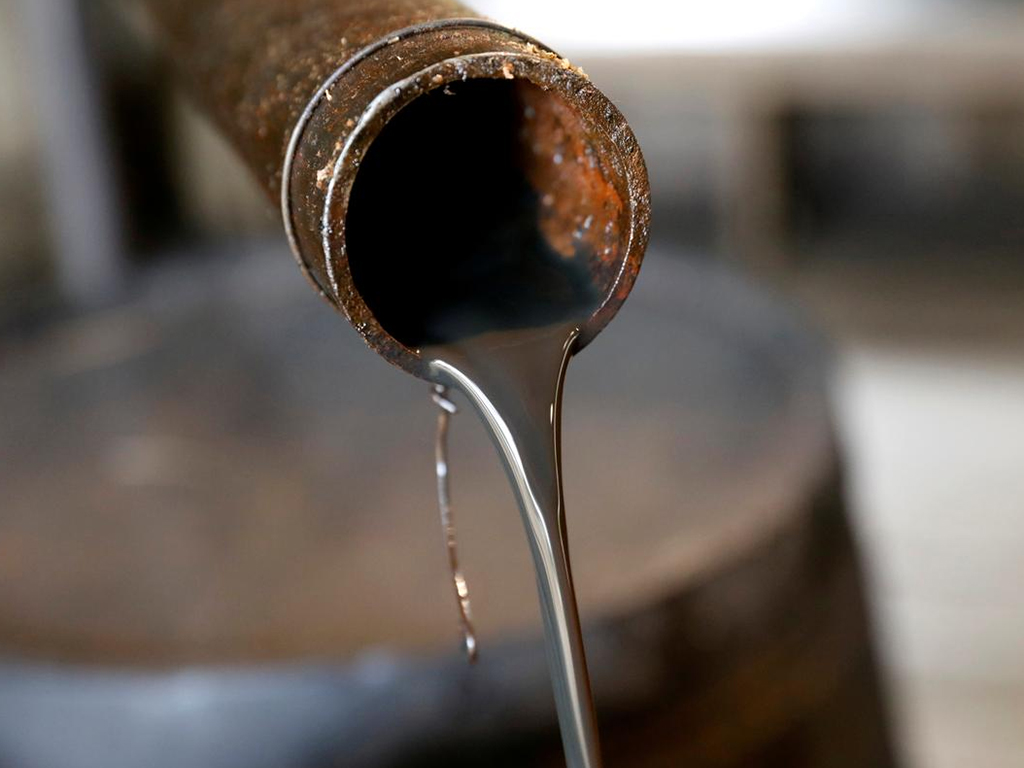Oil retreats in face of renewed coronavirus uncertainties
- China reports uptick in new coronavirus cases
- Japan factory activity shrinks at fastest pace since 2012
- Russia says early OPEC+ meeting no longer makes sense

LONDON: Oil prices fell on Friday as a rise in new cases of coronavirus and weak Asian data fuelled uncertainty about the economic outlook while leading crude producers appeared to be in no rush to curb output.
Brent crude was down $1.06, or 1.8%, at $58.25 a barrel by 1258 GMT, while US crude dropped 84 cents, or 1.6%, to $53.04.
"With Brent failing to breach the $60 level on Thursday despite better than expected US oil inventory data, rising market uncertainty is dragging down oil prices on Friday," said UBS analyst Giovanni Staunovo.
"Market participants who benefited from the price rise in recent days might prefer not to go into the weekend with a long position."
Finance leaders from the Group of 20 major economies meet in Saudi Arabia at the weekend to discuss risks to the global economy after new Asian economic and health data kept investors on guard.
The coronavirus has infected about 500 people in China's prisons, almost half outside the province at the centre of the epidemic, authorities said on Friday, while South Korea reported 100 new cases, doubling its previous total.
Factory activity in Japan registered its steepest contraction in seven years in February, hurt by fallout from the virus outbreak.
"We still believe that the market is likely to trade lower from current levels, given the scale of the surplus over the first half of this year, and the need for the market to send a signal to OPEC+ that they must take further action at their meeting in early March," said ING analyst Warren Patterson.
Russian Energy Minister Alexander Novak said on Thursday that global oil producers understood it would no longer make sense for the Organization of the Petroleum Exporting Countries and its allies to meet before the planned gathering.
The group, known as OPEC+, has been withholding supply to support prices and many analysts expect an extension or deepening of the curbs.
The United Nations on Friday said that ceasefire talks were back on track between the forces fighting over Libya's capital, days after the internationally recognised government pulled out of the negotiations.
An agreement between the fighting parties could end outages of about 1 million barrels per day of Libyan oil and increase pressure on prices.





















Comments
Comments are closed.